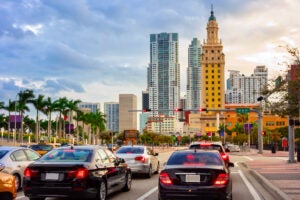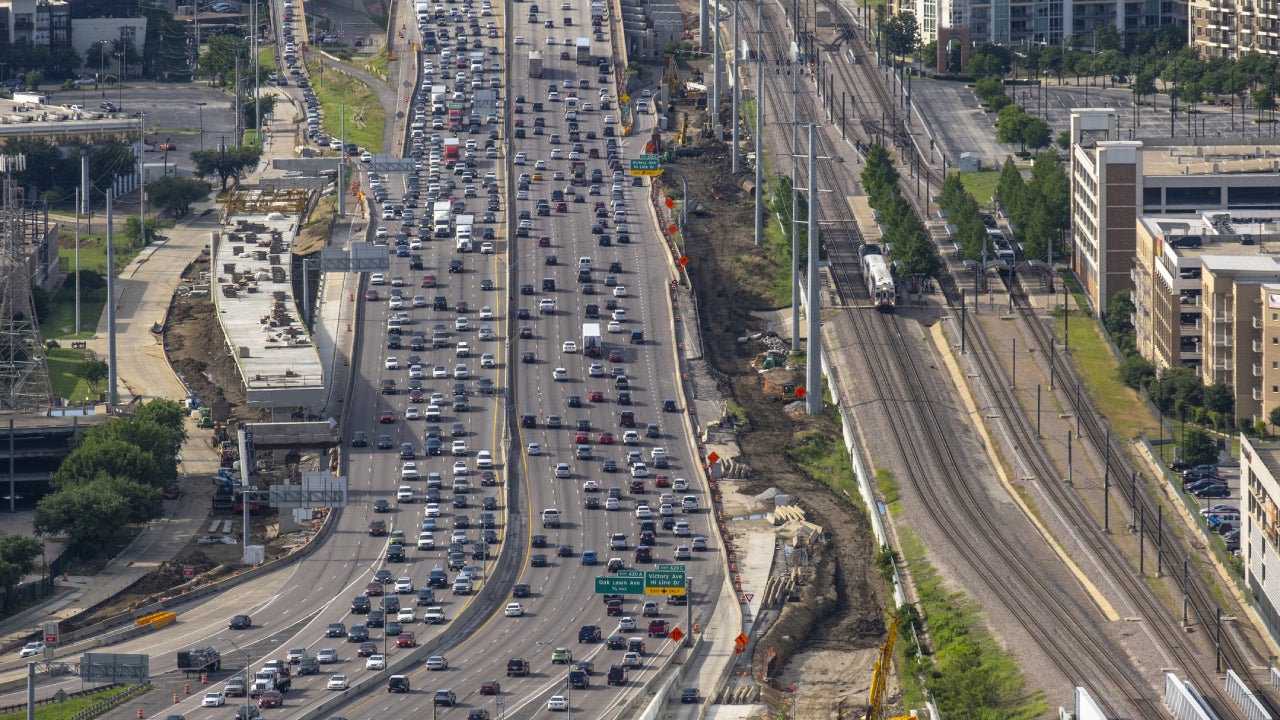How to get an SR-22 without a car

SR-22 insurance, as it’s often called, is not actually insurance. Instead, it is a form certifying that you have the required coverage to drive legally in your state. SR-22 certification is used in most states for drivers who have serious infractions on their license, such as a DUI or hit-and-run. Once you have purchased the required amount of coverage, these forms are submitted to your state’s DMV by your insurer.
It is possible to obtain SR-22 insurance without a vehicle, and you may be able to get non-owner SR-22 insurance online. Free options are not available, but the form generally costs around $25. Bankrate’s guide to non-owner SR-22s tells you what you need to know if you have been asked to submit this certification.
How do I get an SR-22 without a car?
Before you can get SR-22 insurance without a car, you must meet the state-mandated auto insurance requirements in your state. In most states, this is called basic liability or minimum coverage. When you don’t have a car, you need to find an insurance company that will write you non-owner minimum coverage auto insurance. Once you have this policy, you can inform the insurance company that you need a non-owner SR-22. After a filing fee and processing time, they will provide you with one.
Here’s how to get an SR-22 without a car.
- First, the state needs to require or request that you obtain one.
- If you don’t have non-owner car insurance, find an insurance company that offers it.
- Purchase a non-owner car insurance policy if you do not have one yet.
- Inform your insurance agent that you need to file a non-owner SR-22.
- Pay the filing fee and wait for the form.
What is an SR-22 form?
These forms can cause some confusion because of the language around them. SR-22 insurance isn’t actually insurance at all. Instead, it is an insurance verification form that may be required when you commit certain traffic violations. These forms prove to the state that you are maintaining the legally mandated amount of auto insurance coverage. The idea behind them is that some drivers demonstrate a greater level of risk on the road and so need to be monitored more closely. Specifically, the state uses the SR-22 to ensure that high-risk drivers maintain an adequate level of auto insurance coverage.
What is a non-owner SR-22?
Non-owner car insurance SR-22 forms work the same as a regular SR-22, except they pair with non-owner car insurance policies. Like non-owner car insurance, a non-owner SR-22 is designed for those who do drive but do not own their own vehicle. In these cases, the form shows that the driver is maintaining enough non-owner basic liability coverage to meet the state insurance laws. States don’t require that you have your own vehicle, only that you are adequately insured while you drive.
Why would I need an SR-22?
If you have been convicted of a DUI, a hit-and-run or even numerous lesser violations, you may be ordered by the state to obtain an SR-22 form. This is required of drivers who have shown themselves to be particularly high-risk. Suppose your driving record shows that you’re more likely to cause financial damages with a vehicle or less likely to maintain the legally required level of car insurance. In these situations, the state may see you as a high-risk driver and then require you to file an SR-22, proving that you maintain the required amount of auto insurance.
When would I need an SR-22 without a car?
If you are behind the wheel at all, even if you don’t own a car, you could be required to have SR-22 certification if you have committed a serious infraction. Perhaps you are driving a car owned by someone else or a car you have borrowed from a rental agency. For example, this might happen if your vehicle was totaled in an accident, but you still need to drive to work. Non-owner insurance can help in this situation. If you are required to have an SR-22 form to drive, you would need to ask your insurer for a non-owner SR-22 alongside your coverage.
What does a non-owner SR-22 cover?
These forms generally report on basic liability or minimum coverage. The SR-22 verifies that you meet the state minimum requirement for auto insurance and does not deal with coverage types that exceed this requirement. For example, the SR-22 deals with basic liability coverage, but not with collision or comprehensive. Most states require only basic liability, which can pay towards the costs of others if you are at fault for an auto accident. SR-22s verify that you are meeting these minimum coverage car insurance requirements.
How much does a non-owner SR-22 cost?
SR-22 insurance without a vehicle is generally available for a fairly low cost. Typically, the filing fee for the SR-22 is around $25, though the amount can vary depending on the state and the insurance company you are working with. This will likely be added to the amount you pay for your policy, which will also vary depending on your circumstances and other factors. Non-owner insurance may be more affordable than regular car insurance policies because it usually does not include collision and comprehensive coverage or other optional types of insurance.
What states require SR-22s?
Not all states require drivers who have a serious traffic violation to obtain an SR-22, but most do. Each state has different requirements for how long you must maintain an SR-22, so confirm the details with your DMV (or state equivalent) and insurance company.
The following states do not require SR-22s:
- Delaware
- Kentucky
- Minnesota
- New Mexico
- New York
- North Carolina
- Oklahoma
- Pennsylvania
- Rhode Island
How can I find cheap SR-22 insurance?
If you are required to get an SR-22, you’ll typically need to go through an insurance company to do so. However, it’s important to remember that SR-22 is not insurance, it doesn’t offer protection or coverage over any sort of damage. Instead, it simply confirms that you have coverage that meets the state’s minimum requirement for auto insurance. If you do not have a car, you can ask an insurer to provide you with a non-owner SR-22. This policy covers you if you do get behind the wheel, but does not apply to a specific vehicle.
To find cheap SR-22 insurance:
- Look for insurance companies that specialize in coverage for high-risk drivers.
- Shop around for quotes to compare and find affordable coverage.
- Seek to get coverage through your existing provider for another policy type, such as homeowners or renters insurance, to bundle and save on your non-owner car insurance policy and SR-22.
Frequently asked questions
Why we ask for feedback Your feedback helps us improve our content and services. It takes less than a minute to complete.
Your responses are anonymous and will only be used for improving our website.
You may also like

Arkansas car insurance laws: What you need to know

Car insurance after a DUI in Michigan






